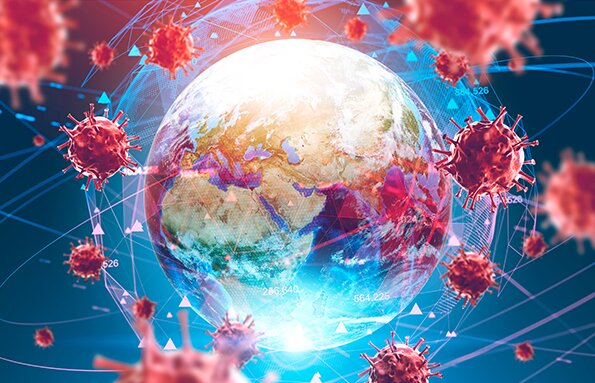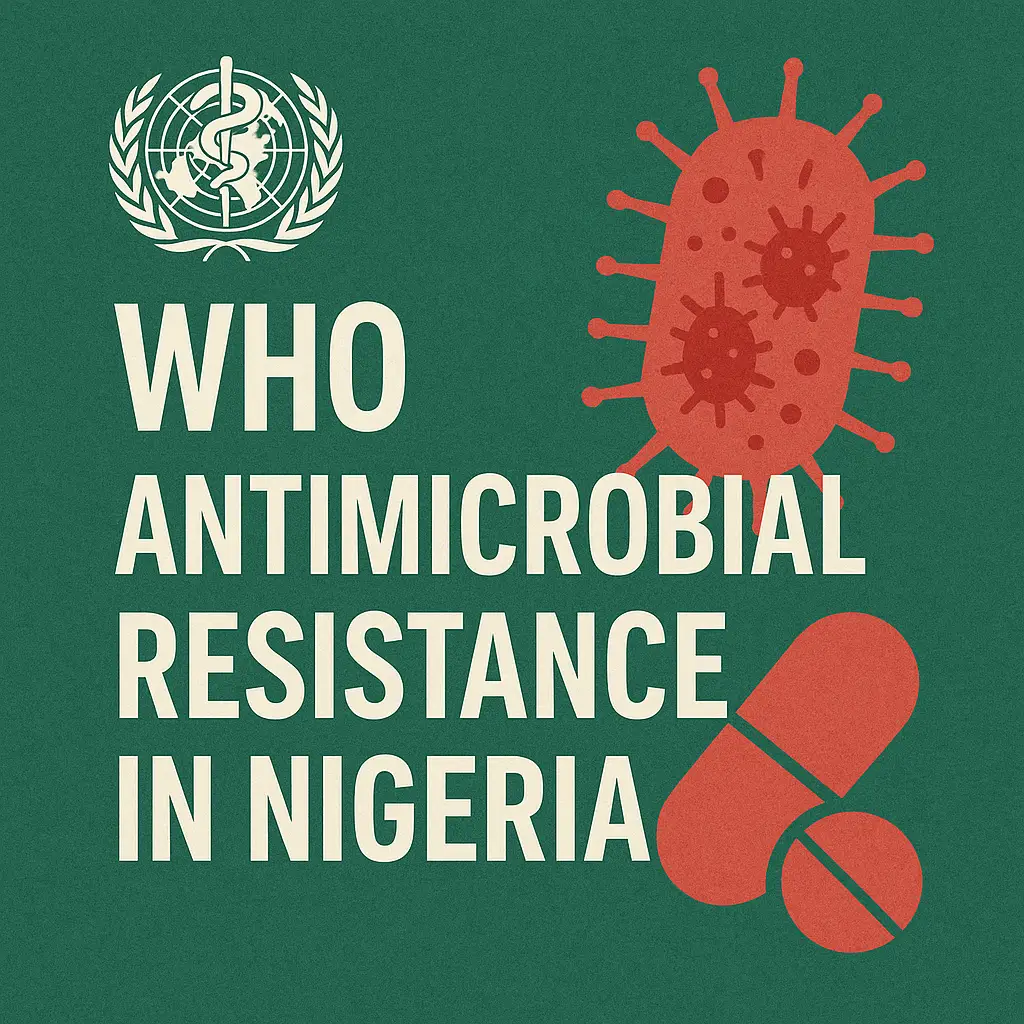Global health issues and international peace and security have become increasingly intertwined over the past two decades; The problem of health has been framed and interpreted as one of safety. The marginalized in the Global South have not yet seen improvements in their health outcomes as a result of the securitization of global health. Global governance institutions and developed nations’ health security strategies have largely focused on surveillance and monitoring of infectious disease outbreaks that spread from the Global South to the Global North, rather than strengthening the capabilities of health systems in the Global South. This article argues that global governance institutions should adopt a rights-based approach to addressing health challenges, prioritizing people and their health over the security interests of a select few and that the securitization of health does not necessarily translate into health security.
“The activities required, both proactive and reactive, to minimize the danger and impact of acute public health events that endanger people’s health across geographical regions and international boundaries,” is how the World Health Organization (WHO) defines global health security. A narrow Westphalian approach to protecting nation-states from external threats has been the driving force behind the securitization of health. While the possibility of worldwide well-being security has been broadly summoned; However, there is still no universal agreement on how to define it because the idea is still centered on national security and defense rather than people and community health as a whole.
Securing Health
In the early 1990s, members of what is now known as the Copenhagen school of thought, Barry Buzan, Ole Winter, and Jaap de Wilde, proposed that powerful actors engage in securitizing “speech acts” to purposefully portray certain issues as posing existential threats to justify extraordinary measures. Once securitized, these subjects frequently get prompt and need activity without lawful and popularity-based imperatives.
Over the past few decades, historical developments have sparked and contributed to the successive securitization of health. First, in its Human Development Report published in 1994, the United Nations Development Programme (UNDP) introduced the concept of human security and identified health security as a crucial crosscutting component of other indicators of human development. Then, in 2000, with the rise of irresistible illnesses, most quite the HIV/Helps pandemic of the 1980s-90s, the created nations convinced the Unified Countries Security Chamber (UNSC) to gather an exceptional gathering — likewise the primary on well-being — on the HIV/Helps pandemic. In its Resolution 1308, the UN Security Council emphasized that infectious diseases like HIV/AIDS can pose a threat to peace and security.
WHO Dealing With Global Health Security Issues
After the World Health Organization (WHO) updated the International Health Regulations (IHR) in 2005, the securitization of health was officially incorporated into global health directives. The amendment gave the WHO Secretary-General the authority to declare a Public Health Emergency of International Concern (PHEIC) if “an extraordinary event that is determined…. ( 1) to pose a public health threat to other nations through the spread of disease internationally and 2) to possibly necessitate a coordinated international response. As a result, the WHO identified six PHEICs between 2009 and 2020: Influenza A in 2009, poliomyelitis in 2014, Ebola in West Africa in 2014, Zika in 2016, Ebola in the DRC in 2019, and COVID-19 in 2020.
As it enhances the WHO’s capacity to develop and implement its monitoring, preparedness, and management programs, the WHO promotes the security framework proposed by the global north. The WHO proposed the Health Systems for Health Security framework to enhance the IHR and promote health security by enhancing existing international monitoring and surveillance measures even a few months before the COVID-19 pandemic. Security-driven systems, on the other hand, focus on surveillance and monitoring of infectious disease outbreaks to prevent spillovers from developing to developed countries, rather than strengthening the capacities of developing countries health systems.
UNSC Dealing With Global Health Security Issues
The UNSC has progressively added to the securitization outlining of wellbeing. The United Nations Security Council (UNSC) has included global health concerns in its international peace and security agenda since 2000, and it has passed six resolutions addressing three infectious diseases: HIV/AIDS, Ebola, and West Africa. and COVID-19, and passed three resolutions regarding the safety of medical and humanitarian personnel as well as civilian hospitals in conflict zones.
The Council has established itself as an alternative venue for discussing and negotiating global health issues by deliberating on health issues beyond the scope of epidemics and pandemics, according to a closer examination of these resolutions. Even though the WHO has declared that every PHEIC is a health emergency, not all PHEICs have attracted the UNSC’s attention. There is no empirical standard for when and how the UNSC elevates a public health issue to a global security threat; rather, this choice lies on the political will of the extremely durable five. Consequently, Rushton’s inquiry — “Security for whom? Security from what?” remains extremely pertinent and unanswered.
Protection From the COVID-19 Pandemic
On 11 Walk 2020, the WHO proclaimed Coronavirus as a pandemic. Through the “speech act,” the pandemic has been secured by WHO and the UNSC. “We are at war with a virus that threatens to tear us apart,” WHO Secretary-General Tedros said, and the UN Security Council predicted that COVID-19 would have unprecedented effects on global peace and security. In addition, governments around the world turned to justify a security-focused strategy, which enabled them to defy conventional procedures and legal requirements and justify severe measures for controlling the infection. The crucial question is whether effectively addressing the challenge was helped by framing COVID-19 as a security issue.
The securitized outlining of the Coronavirus pandemic produced worldwide political and public consideration; However, there was a fragmented and ineffective global response to COVID-19. Disappointment of WHO’s COVAX drive, reception of watered-down Excursions waiver, biased measures like Coronavirus antibody visa, and so on. Added to an unfortunate reaction to the Coronavirus pandemic.
Developed nations have argued for wider recognition, acceptance, and adherence to the health security approach in global health governance as the COVID-19 pandemic has accelerated the securitization of health. For instance, the European Union (EU) proposes to include provisions for early detection, digital technology for data collection and sharing, pathogen and genomic data sharing, and strengthened health systems and reporting mechanisms in the proposed pandemic treaty. However, persistent issues regarding data-benefit sharing, and access to vaccines, medicines, and technology remain underemphasized.
The COVID-19 pandemic has demonstrated that surveillance, monitoring, and data-sharing systems are insufficient if developing nations continue to struggle to obtain vaccines, medicines, and health technology. As a result, instead of focusing solely on securitized containment, global governance actors and institutions should adopt a rights-based paradigm that prioritizes the improvement of healthcare delivery and infrastructure.















Leave a Reply